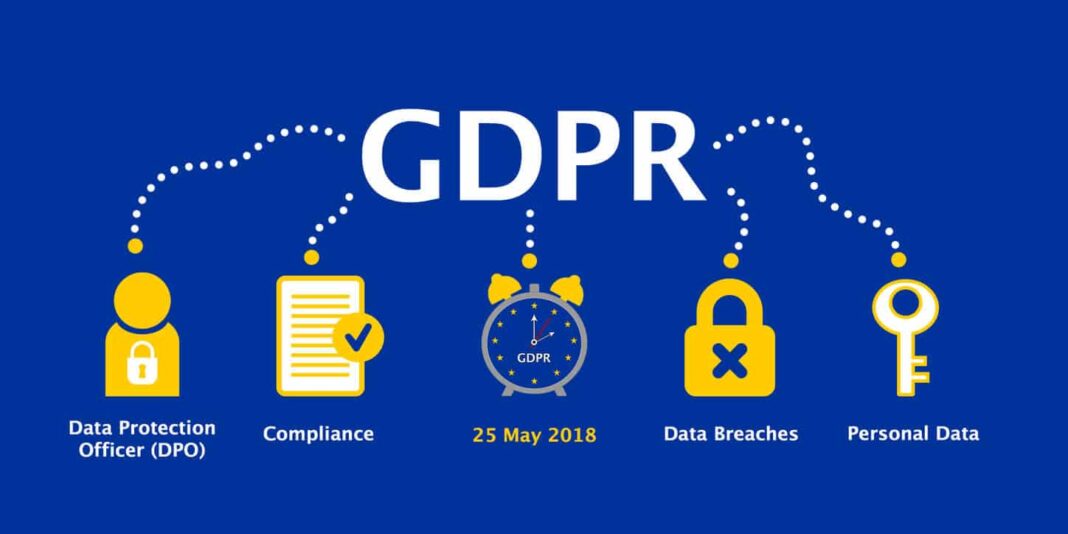Cyber legislation and regulations are an essential part of modern business operations. This is as a result of how the use of technology has become ubiquitous in all aspects of our lives. Organizations need to understand the laws and regulations that apply to them in order to protect sensitive information and stay compliant. In the subsequent series of posts, we will explore the various laws and regulations that organizations need to be aware of and how to stay compliant with them.
The first topic we will cover is the General Data Protection Regulation (GDPR). The GDPR is a regulation of the European Union (EU) that went into effect on May 25, 2018. It replaces the EU’s 1995 Data Protection Directive and strengthens the protection of personal data of EU citizens. The GDPR applies to organizations that process personal data of EU citizens, regardless of where the organization is located.
The GDPR sets out specific rules for the collection, storage, and use of personal data. Organizations must have a legal basis for collecting and using personal data and must obtain explicit consent from individuals before collecting their data. Organizations must also inform individuals of their rights under the GDPR, including the right to access, correct, and delete their personal data.
The GDPR also requires organizations to implement appropriate technical and organizational measures to protect personal data from unauthorized access, alteration, or loss. This includes implementing encryption, firewalls, and other security measures. Organizations must also appoint a Data Protection Officer (DPO) to ensure compliance with the GDPR.
Penalties for non-compliance with the GDPR can be severe, with fines of up to 4% of an organization’s global annual revenue or €20 million, whichever is greater. Organizations need to take the GDPR seriously and ensure that they are in compliance with its requirements.
In the next post in this series, we will discuss the Cybersecurity Information Sharing Act (CISA) and how it affects organizations in the United States. Stay tuned!
In summary, GDPR is a legislation that protects personal data of EU citizens. Organizations that process personal data of EU citizens, regardless of where the organization is located, must comply with the GDPR. This includes obtaining explicit consent, informing individuals of their rights, implementing appropriate technical and organizational measures, and appointing a Data Protection Officer. Non-compliance can result in severe penalties.


